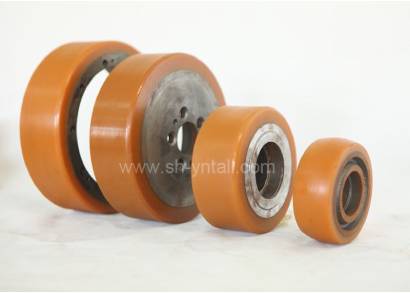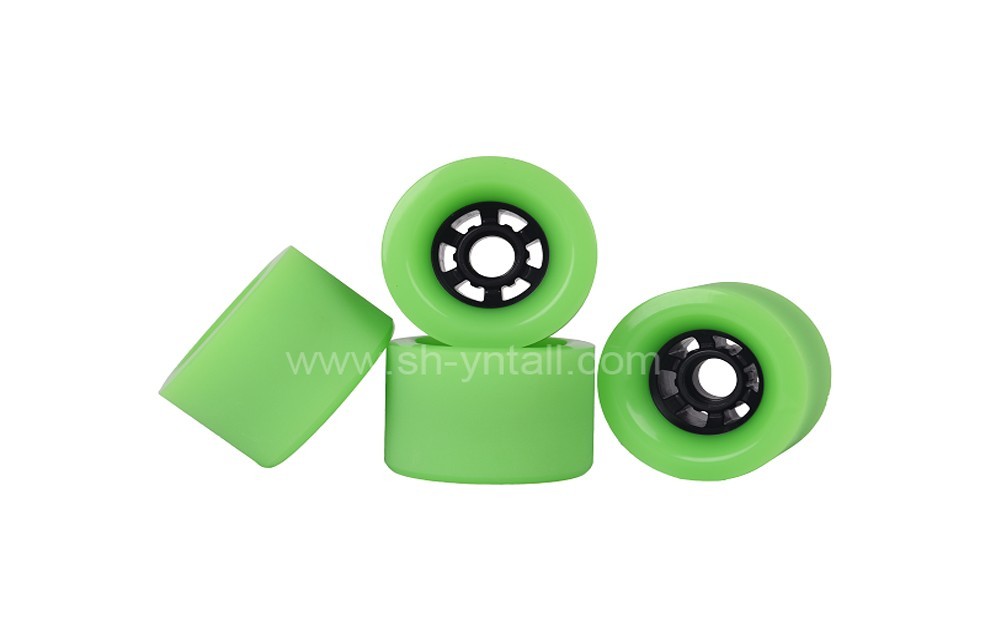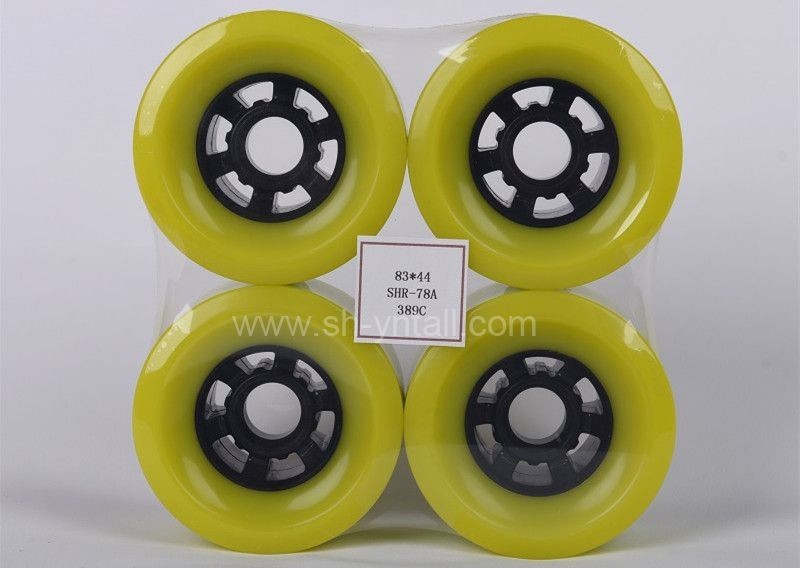
What Are Heavy Duty Polyurethane Casters?
May. 25, 2020
Casters can be divided into small casters, light casters, medium casters, heavy casters and super-heavy casters according to the specific load.
Heavy-duty polyurethane casters are one of the most heavy-duty casters. The wholesale bearing capacity of stainless steel casters is strong (the bearing capacity is from 1 ton to 15 tons or even higher). The specifications of heavy-duty casters are generally from 4 inches to 16 inches, and the thickness of the support can be made of steel plates of 8mm, 10mm, 16mm, and 20mm. The wholesale material of nylon forklift wheels is rubber, nylon, and high-temperature resistant casters, which have a wide range of applications. Casters support surface by corrosion treatment, excellent performance, high-temperature casters wholesale durable, flexible rotation, easy to use. Also can be customized according to customer requirements, to make a variety of special-shaped, heavy-duty rubber wheels, polyurethane casters, nylon casters, and various casters special-shaped brackets.

Industrial Pu Wheels
Heavy-duty polyurethane plastics are widely used in industrial PU Wheels, and they are used in communication among many manufacturers. It is a kind of thermoplastic polyurethane elastomer with lightweight, impact resistance, wear-resistance, and corrosion resistance.
Heavy-duty polyurethane plastics are widely used in industrial PU wheels, and they are used in communication among many manufacturers.It is a kind of thermoplastic polyurethane elastomer with lightweight, impact resistance, wear-resistance, and corrosion resistance.
What are PU castor wheels and what are their characteristics?
Why did you choose this material? Because it has some special characteristics:
1. Good wear resistance, 5-8 times that of NBR;
2. Good bending strength and elasticity;
3. High tensile strength and fracture elongation;
4. Strong tear resistance;
5. Temperature tolerance (-50℃ ~ 85℃)Z is up to 120℃;
6. Good oil, water, mildew, and solvent resistance;
7. Good aging resistance;
8. Large adjustable range of hardness;
9. Low compression deformation rate;
10. Cast iron polyurethane casters have the relatively large bearing capacity.
Some casters are easy to rust, but some are difficult to rust. Industrial casters in dry places are not very easy to rust, while industrial casters operating in wet places are very easy to rust; Casters exposed directly to the air are easy to rust, but painted casters are not so easy to rust.
The experiment found that water and oxygen are the reason why casters are easy to rust. Under the condition of single water or oxygen, casters will not rust, and only under the condition of oxygen and water will react with casters to form an oxidizing substance. Industrial caster rust is a brown-red substance, it is not as hard as casters, easy to fall off. Casters can increase in size 8 times when they are completely rusted. If caster rust is not removed in time, it will rust faster because it is particularly easy to absorb moisture.
How to effectively prevent the occurrence of caster rust? Casters in wet places rust more easily than those in dry places because casters in wet places come into contact with water more easily than those in dry places. Painted casters are less likely to rust because the paint ACTS as a barrier between air and water. If we want to reduce the rust of casters, we can start from the conclusion of the experiment and arbitrarily cut off one of the rust conditions.
If we don't pay attention when we use casters. It is very easy to cause damage to casters, which will greatly reduce the service life of casters. Therefore, the correct way to master the use of casters. It will have a good effect on the service life of casters. Polyurethane casters finishing the use of the following methods will cause wear, deformation, deterioration, damage to the casters.
1. Please do not exceed the heavy load specified in the instructions. Excessive use will cause accidents.
2, do not use in acid, alkali, salt, oil, water, and another special environment.
3, please do not brake pads brake the wheels under the state of forced transfer.
4. Please do not walk on the ground where there is a big difference in height or uneven surface.
5. Do not use it in special places of temperature and temperature end. (such as steam room, cold storage special environment).
6. Please do not force the brake pads with a hammer, but press the [ON/ off] part of the brake pads with appropriate force to release the brake.
7. Please do not use it under the operation of the trailer or traction for a long time.
8. Please do not stop on the sloping ground.


















